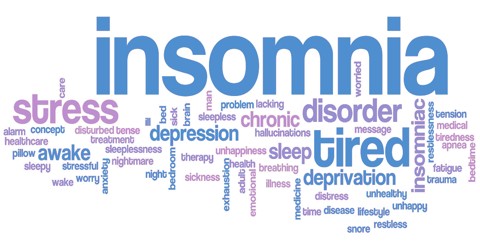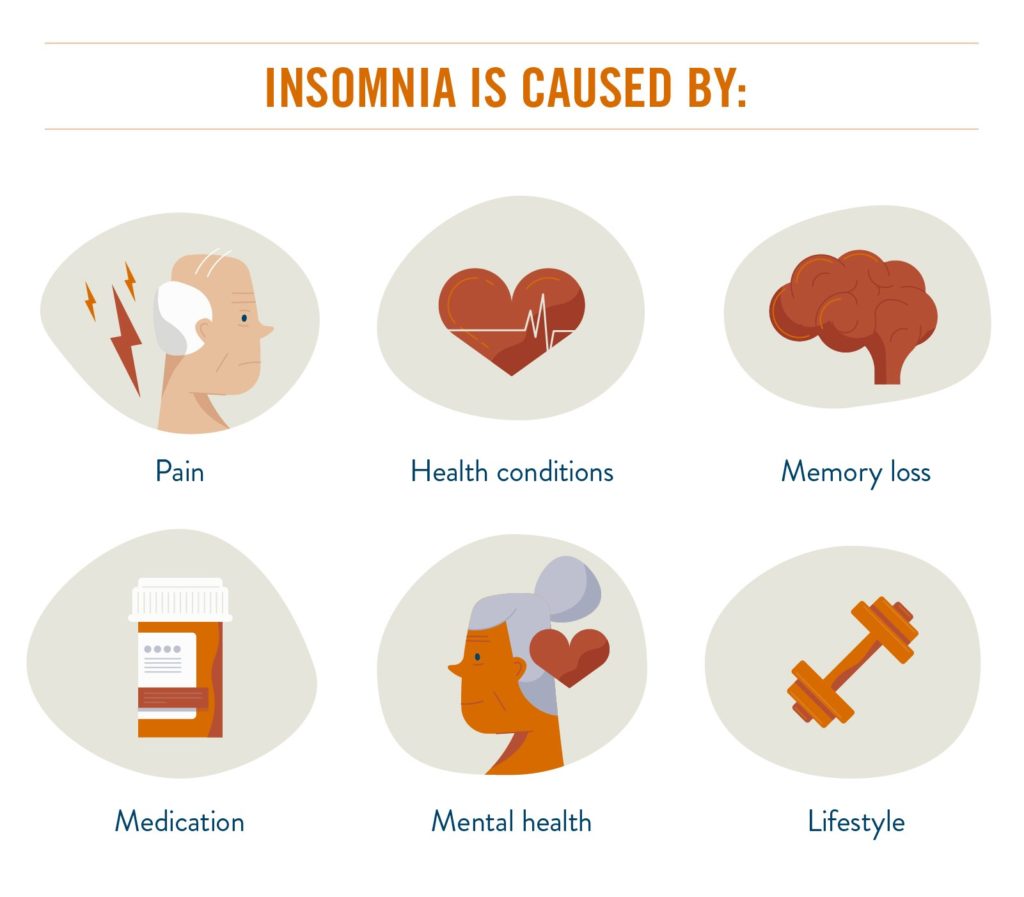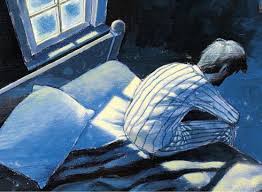
The National Institutes of Health (NIH) list these risk factors for insomnia:

A neurologist is a doctor with specialized training in diagnosing, treating and managing disorders of the brain and nervous system such as Alzheimer’s disease, stroke, migraine, multiple sclerosis, concussion, Parkinson’s disease and epilepsy.įor more information about the American Academy of Neurology, visit AAN.com or find us on Facebook, Twitter, Instagram, LinkedIn and YouTube.Share on Pinterest Infographic by Alyssa Kiefer The AAN is dedicated to promoting the highest quality patient-centered neurologic care. The American Academy of Neurology is the world’s largest association of neurologists and neuroscience professionals, with over 40,000 members. Follow Brain & Life ® on Facebook, Twitter and Instagram.
#Global insomnia definition free
Learn more about stroke at, home of the American Academy of Neurology’s free patient and caregiver magazine focused on the intersection of neurologic disease and brain health. This association increased further for people with diabetes, hypertension, heart disease and depression.Ī limitation of the study was that people reported their own symptoms of insomnia, so the information may not have been accurate.

Future research should explore the reduction of stroke risk through management of sleeping problems.” This striking difference suggests that managing insomnia symptoms at a younger age may be an effective strategy for stroke prevention. “The list of stroke risk factors such as high blood pressure and diabetes can grow as people age, making insomnia symptoms one of many possible factors. “This difference in risk between these two age groups may be explained by the higher occurrence of stroke at an older age, ” Sawadogo added. Of the 654 people 50 and over with five to eight symptoms, 33 had a stroke. People age 50 or older with the same number of symptoms had a 38% increased risk of stroke compared to people with no symptoms. Of the 458 people under age 50 with five to eight symptoms, 27 had a stroke. The link between insomnia symptoms and stroke was stronger in participants under age 50 with those who experienced five to eight symptoms having nearly four times the risk of stroke compared to people with no symptoms. Of the 5,695 people with five to eight symptoms, 436 had a stroke. People with five to eight symptoms of insomnia had a 51% increased risk. Of the 6,282 people with no symptoms, 365 had a stroke. Of the 19,149 people with one to four symptoms, 1,300 had a stroke. During that time, there were 2,101 cases of stroke.Īfter adjusting for other factors that could affect the risk of stroke including alcohol use, smoking and level of physical activity, researchers found that people with one to four symptoms had a 16% increased risk of stroke compared to people with no symptoms. The people were then followed for an average of nine years.

Response options included “most of the time”, “sometimes” or “rarely or never.” Scores ranged from zero to eight, with a higher number meaning more severe symptoms.

Participants were asked four questions about how often they had trouble falling asleep, trouble with waking up during the night, trouble with waking up too early and not being able to return to sleep, and how often they felt rested in the morning. Participants had no history of stroke at the beginning of the study. The study involved 31,126 people with an average age of 61. “There are many therapies that can help people improve the quality of their sleep, so determining which sleep problems lead to an increased risk of stroke may allow for earlier treatments or behavioral therapies for people who are having trouble sleeping and possibly reducing their risk of stroke later in life,” said study author Wendemi Sawadogo, MD, MPH, PhD, of Virginia Commonwealth University in Richmond and member of the American Academy of Neurology. The study does not prove that insomnia symptoms cause stroke it only shows an association. In addition, researchers found the risk was much higher in people under 50 years old. MINNEAPOLIS – People who have insomnia symptoms such as trouble falling asleep, staying asleep and waking up too early, may be more likely to have a stroke, according to a study published in the June 7, 2023, online issue of Neurology ®, the medical journal of the American Academy of Neurology.


 0 kommentar(er)
0 kommentar(er)
